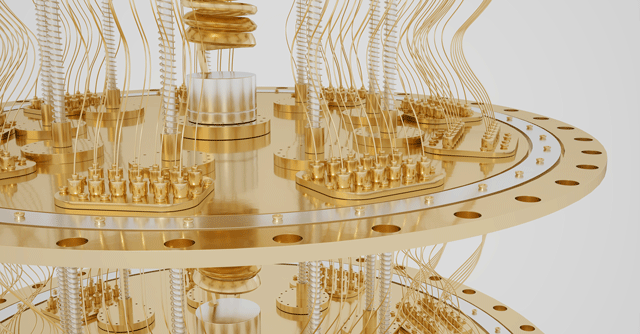
Explainer: What does Google's new quantum computer achievement mean?


While Microsoft and Google battle each other with their artificial intelligence-powered chatbot-cum-search-engines called Bing and Bard, respectively, in a bid to stay relevant to users, Google is simultaneously racing to develop a fault-tolerant quantum computer.
The idea is to achieve the low error rates needed to use quantum computers for meaningful applications in the real world, such as factoring large whole numbers into primes or understanding the detailed behaviour of chemical catalysts – problems that classical or traditional computers cannot perform.
The computers we use in our homes and offices today process information with bits (ones and zeroes), while quantum computers have qubits that can process ones and zeroes simultaneously due to a property known as superposition.

Two bits in your normal computer can be in four possible states (00, 01, 10, or 11) but they can represent only one of these states at any given time. A quantum computer, on the other hand, allows two qubits to represent the exact same four states at the same time because of superposition. This is akin to four computers running simultaneously. Further, as you add more qubits, the power of your quantum computer grows exponentially.
Quantum computers also take advantage of another property of quantum physics called quantum entanglement. Albert Einstein referred to entanglement, a property which allows quantum particles to connect regardless of their location in the universe, as “spooky action at a distance". Hence, when you measure a qubit in an entangled system of two qubits, the outcome tells you what you will see when you measure the other qubit. Quantum entanglement allows qubits to communicate with each other even if they are miles (or even millions of miles) apart.
In 2019, Google said its Sycamore quantum computer had achieved ‘quantum advantage or quantum supremacy’ by performing a calculation that would have taken classical computers thousands of years to perform. But in August 2022, Pan Zhang at the Chinese Academy of Sciences in Beijing and his colleagues wrote an improved algorithm for a non-quantum computer that could solve the random sampling problem much faster, challenging Google’s claim that a quantum computer was the only practical way to do it.

Read the full story on Livemint.
